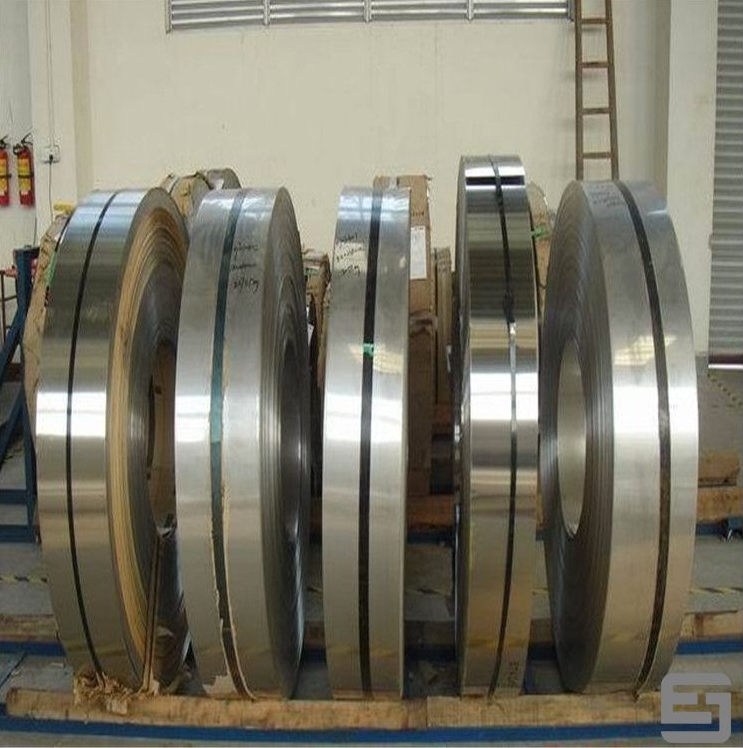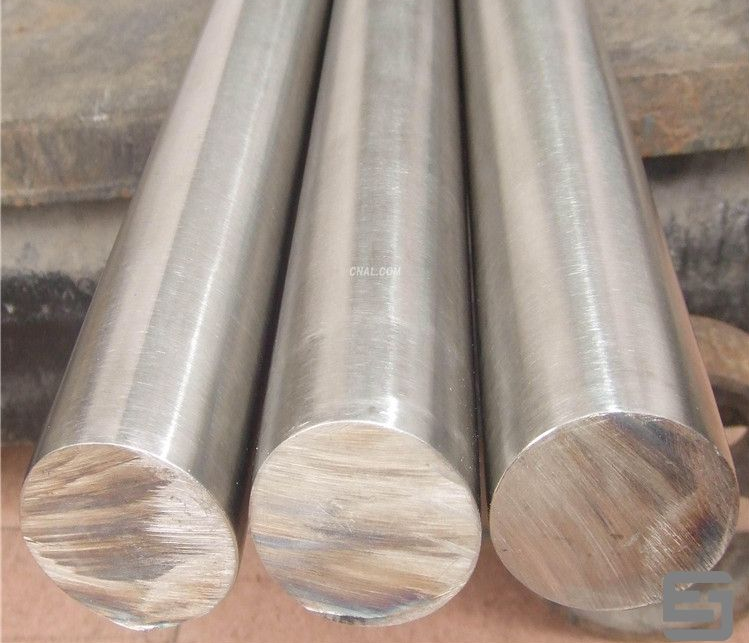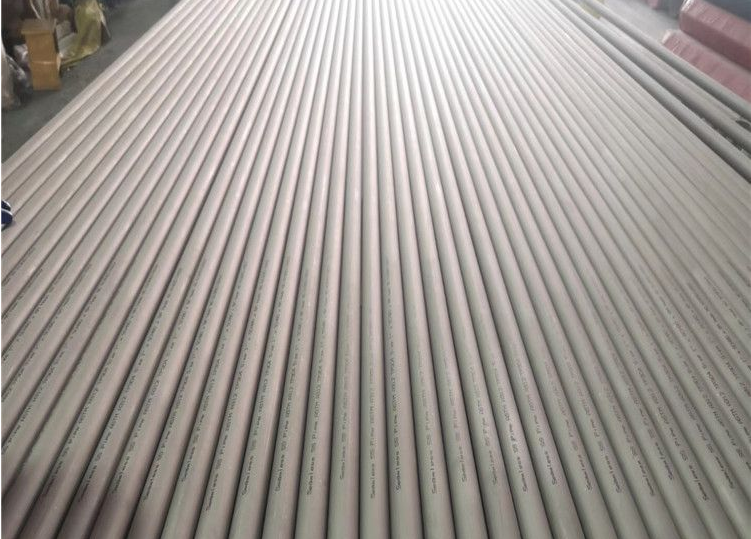Inconel 625: A Comprehensive Overview
Introduction
Inconel 625 is a nickel-chromium-molybdenum superalloy renowned for its exceptional resistance to high temperatures, corrosion, and oxidation. Developed in the 1960s by Special Metals Corporation, this alloy has become a cornerstone material in industries requiring reliability under extreme conditions. Its unique composition and mechanical properties make it suitable for aerospace, marine, chemical processing, and energy applications. This article provides a detailed analysis of Inconel 625, including its key specifications, applicable standards, and competitive advantages.
1. Chemical Composition
Inconel 625 is primarily composed of:
- Nickel (Ni): 58–63% (provides inherent corrosion resistance and high-temperature stability).
- Chromium (Cr): 20–23% (enhances oxidation resistance).
- Molybdenum (Mo): 8–10% (improves resistance to pitting and crevice corrosion).
- Niobium (Nb): 3.15–4.15% (strengthens the matrix through solid-solution hardening).
- Iron (Fe): ≤5% (trace element).
- Titanium (Ti) and Aluminum (Al): ≤0.4% each (for stabilization).
This balanced composition ensures outstanding performance in both oxidizing and reducing environments.
2. Key Physical and Mechanical Properties
- Density: 8.44 g/cm³
- Melting Range: 1290–1350°C (2350–2460°F)
- Tensile Strength: ≥830 MPa (120 ksi)
- Yield Strength: ≥415 MPa (60 ksi)
- Elongation: ≥30% (at room temperature)
- Thermal Conductivity: 11.4 W/m·K (at 100°C)
- Thermal Expansion Coefficient: 12.8 μm/m·K (20–100°C)
The alloy retains strength up to 980°C (1800°F) and resists creep deformation under sustained loads.
3. Applicable Standards
Inconel 625 complies with globally recognized specifications, ensuring consistency and quality:
- ASTM Standards:
- ASTM B443: Seamless tubes and pipes for corrosive service.
- ASTM B444: Welded pipes.
- ASTM B446: Welded or seamless structural components.
- ASME Standards:
- SB-443, SB-444, SB-446: Pressure vessel and boiler applications.
- AMS Standards:
- AMS 5666: Bars, forgings, and rings for aerospace.
- AMS 5599: Sheet, strip, and plate forms.
- EN Standards:
- EN 2.4856: European designation for Inconel 625.
These certifications validate its suitability for critical environments.
4. Product Advantages
a. Exceptional Corrosion Resistance
Inconel 625 withstands:
- Chloride-ion stress-corrosion cracking.
- Acidic environments (e.g., sulfuric, hydrochloric, phosphoric acids).
- Seawater and marine atmospheres.
- Oxidation up to 1100°C (2012°F).
b. High-Temperature Strength
The alloy’s niobium and molybdenum content prevents carbide precipitation, ensuring stability in thermal cycling and prolonged exposure to heat.
c. Fabrication Versatility
- Easily welded using TIG, MIG, or electron-beam methods without post-weld heat treatment.
- Can be cold-worked or hot-formed into complex shapes.
d. Fatigue and Wear Resistance
Ideal for components subject to cyclic loading, such as turbine blades and fasteners.
e. Cost-Effectiveness Over Lifecycle
Minimal maintenance and long service life offset initial material costs.
5. Applications
Inconel 625 is widely used in:
- Aerospace: Combustion liners, exhaust systems, and rocket engine components.
- Marine Engineering: Subsea pipelines, propeller blades, and seawater heat exchangers.
- Chemical Processing: Reactors, valves, and agitators in corrosive media.
- Oil & Gas: Downhole equipment and flare stacks.
- Nuclear Power: Control rod mechanisms and fuel reprocessing systems.
6. Manufacturing Considerations
- Machining: Use slow speeds, high feed rates, and carbide tools to mitigate work hardening.
- Heat Treatment: Solution annealing at 1095°C (2000°F) followed by rapid cooling optimizes properties.
- Welding: Match filler metals (e.g., ERNiCrMo-3) are recommended.
7. Conclusion
Inconel 625 stands out as a versatile, high-performance alloy that addresses the challenges of extreme environments. Its compliance with international standards, coupled with unmatched corrosion resistance and mechanical strength, positions it as a preferred choice for mission-critical applications. Continuous advancements in additive manufacturing (e.g., 3D-printed Inconel 625 parts) further expand its potential in next-generation industries.
This document is an original technical overview intended for engineering and procurement professionals. For specific material certifications or testing protocols, consult official datasheets or accredited suppliers.






